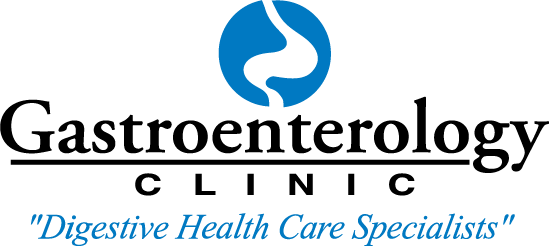
NASH
How serious is this silent disease?

By B. Raj Bhandari, M.D.
NASH (Non-alcoholic Steatohepatitis) is a progressive liver disease that occurs from the accumulation of an abnormal amount of fat in the liver. It’s called “non-alcoholic” because the patients affected by NASH drink less than three drinks per day for men and less than two drinks per day for women. This silent disease affects 14% of middle-aged US adults.
The excess fat will lead to liver inflammation and liver cell injury. This may lead to advanced liver fibrosis (scarring), which can progress to liver cirrhosis. In fact, up to 10-15% of adults with NASH may have cirrhosis.
NASH is a silent disease because most patients don’t feel any symptoms until the disease has progressed to advanced stages. Some patients may experience pain in the upper right abdomen. An ultrasound may detect excess fat (steatosis) in the liver. Normal liver enzymes on routine blood tests do not rule out NASH.
Causes of NASH & Risk Factors: NASH affects about 14% of the US population, which equals about 47 million people. NASH is a consequence of a sedentary lifestyle and is associated with excess fat and sugar in the diet. NASH has more than doubled in the last 20 years due to the epidemic of diabetes and obesity. NASH affects one in three adults over age 50. It is the number one reason for liver transplant in women and the second most common reason in men, only second to alcohol. NASH affects 25% of adults worldwide and more than half of patients with diabetes. Risk factors for NASH include the following: overweight/obesity, diabetes, high cholesterol/triglycerides, hypertension, 50+ in age, Hispanic ethnicity, and metabolic syndrome.
Diagnosis of NASH: Liver biopsy is the gold standard; however, a presumptive diagnosis can often be made based on the patient’s medical history, laboratory tests, and new innovative imaging tests. FibroScan® is the first device to be FDA-cleared. It is the recognized standard for the non-invasive assessment of liver health. It works by emitting a pulse of energy, which is felt as a slight vibration on the skin. FibroScan then measures the speed of this energy to rapidly determine liver stiffness that correlates to liver health. The exam is painless, takes 5-10 minutes, and provides an immediate result.
Treatment of NASH: Currently, there are no FDA-approved treatments for NASH. Modifying your dietary and lifestyle habits is the best way to keep NASH from worsening. Additionally, proper control of the associated conditions, such as diabetes, lipid abnormalities, and hypertension, will help slow the progression of NASH. We offer clinical trials through our affiliate, Delta Research Partners, to help discover safe and more effective treatments for NASH and other diseases. Delta Research Partners has locations in Monroe and Bastrop. For more information about our current clinical trials, visit www.deltaresearchpartners.com.
***
